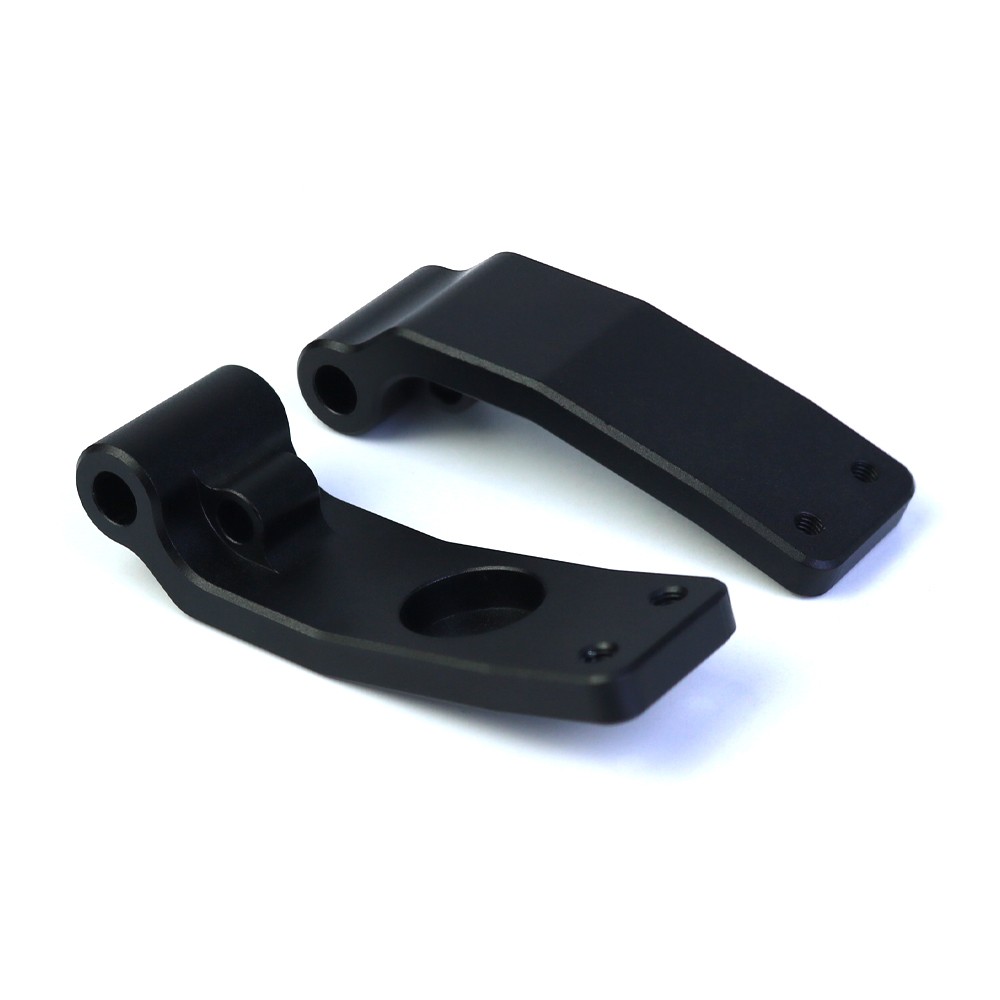In the rapidly evolving landscape of manufacturing, Industry 4.0 has emerged as a transformative force, reshaping traditional processes and introducing unprecedented levels of efficiency, precision, and connectivity. At the heart of this revolution lies the integration of Computer Numerical Control (CNC) machining with cutting-edge technologies such as the Internet of Things (IoT), Artificial Intelligence (AI), and robotics. This article explores how Industry 4.0 is revolutionizing CNC machining and automation, driving manufacturers toward smarter, more sustainable, and highly productive operations.
1. Enhanced Efficiency and Productivity
Industry 4.0 technologies have significantly improved the efficiency and productivity of CNC machining operations. By leveraging IoT sensors, manufacturers can collect real-time data on machine health, performance, and tool conditions. This data enables predictive maintenance, reducing downtime and increasing overall equipment effectiveness . Additionally, advanced automation systems allow CNC machines to operate autonomously, minimizing human intervention and optimizing production workflows .
For instance, multi-task machines equipped with sensors can monitor their own performance and adapt to changing conditions, ensuring consistent output quality and minimizing errors . This level of automation not only boosts productivity but also reduces labor costs and operational expenses .
2. Increased Precision and Quality Control
CNC machining has long been known for its precision, but Industry 4.0 has taken this to new heights. The integration of AI and machine learning algorithms allows for real-time analysis of machining processes, enabling manufacturers to refine decision-making paradigms and optimize outcomes . These technologies also facilitate the implementation of advanced monitoring systems, which can detect anomalies and predict potential issues before they occur .
The use of IoT devices and cloud connectivity enables seamless data exchange between machines and central systems, ensuring that quality control measures are consistently applied across production lines . This results in higher-quality products with reduced waste and improved customer satisfaction .
3. Sustainability and Resource Optimization
Industry 4.0 is not just about efficiency; it is also about sustainability. By optimizing material usage and reducing energy consumption, manufacturers can significantly lower their environmental footprint . For example, predictive maintenance and real-time monitoring help minimize waste by identifying potential issues before they lead to scrap or rework .
The adoption of Industry 4.0 technologies also promotes the use of eco-friendly practices, such as energy-efficient operations and the optimization of material flow within production facilities . This aligns with the growing demand for sustainable manufacturing solutions that cater to environmentally conscious consumers.
4. Future Trends and Opportunities
As Industry 4.0 continues to evolve, CNC machining is poised to become even more integral to modern manufacturing. The increasing use of multi-axis machines, such as 5-axis CNC machines, is enabling the production of complex components with higher accuracy and precision . These machines are particularly valuable in industries such as aerospace, automotive, and medical devices, where precision is critical .
The future of CNC machining also lies in the seamless integration of virtual reality (VR) and augmented reality (AR) technologies, which can enhance training, programming, and monitoring processes . These tools provide operators with intuitive interfaces that simplify complex tasks and improve overall machine performance.
5. Challenges and Opportunities
While Industry 4.0 offers numerous benefits, its adoption also presents challenges. Small and medium-sized enterprises (SMEs) often struggle to scale up Industry 4.0 solutions due to financial constraints or lack of expertise . However, the potential rewards are substantial: increased competitiveness, improved product quality, and reduced operational costs.
To overcome these challenges, manufacturers must invest in employee training programs that focus on digital literacy and the effective use of Industry 4.0 technologies . Additionally, collaboration with technology providers and government initiatives can help bridge the gap between innovation and implementation.
Industry 4.0 is revolutionizing CNC machining by introducing unprecedented levels of efficiency, precision, and sustainability. As manufacturers continue to adopt these technologies, they will not only enhance their production capabilities but also position themselves at the forefront of the global manufacturing landscape. Whether it’s through predictive maintenance, advanced automation, or sustainable practices, Industry 4.0 is transforming CNC machining into a powerful driver of innovation and growth.
Post time: Apr-01-2025





